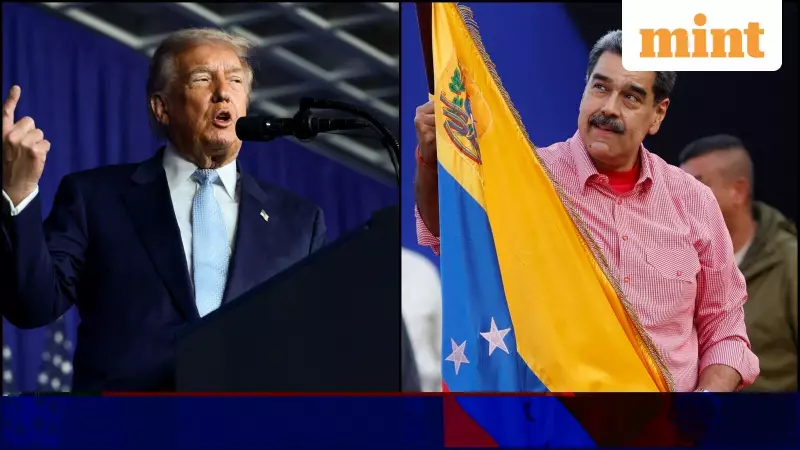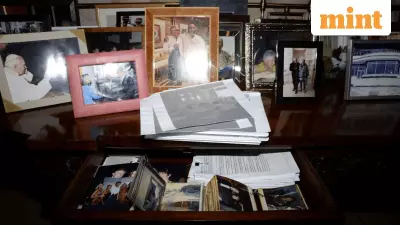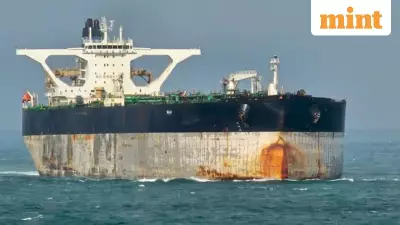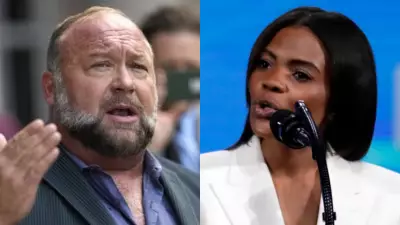
In a significant development amid escalating tensions, US President Donald Trump has indicated his openness to engage in dialogue with Venezuelan leader Nicolas Maduro, even as military options remain on the table and new terrorist designations loom.
Contradictory Signals from Washington
On Monday, President Trump revealed that he "probably would want to" talk to the Venezuelan President, according to Associated Press reports. This surprising statement comes just one day after Secretary of State Marco Rubio announced plans to designate a cartel allegedly led by Maduro as a terrorist organization.
The American President maintained his characteristic ambiguity regarding military action, stating clearly: "I don't rule that out. I don't rule out anything." This dual approach of suggesting diplomacy while keeping military options open has created considerable uncertainty about the Trump administration's next moves toward Maduro's government.
Accusations and Counter-Responses
Trump leveled serious allegations against the Venezuelan leader, claiming Maduro was responsible for drugs and migrants entering the United States. "He has not been good to the United States, so we'll see what happens," Trump added, suggesting the Venezuelan President had done "tremendous damage" to US interests.
Within hours of Trump's comments, Maduro responded with his own peace overture. The Venezuelan leader declared: "This country will continue to be at peace, and in the United States, anyone who wants to talk to Venezuela will talk face to face, without any problem." He emphasized his position with the clear statement: "Talk, yes. Peace, yes. War, no. Never, never, war."
Escalating Military and Covert Operations
The diplomatic exchanges occur against a backdrop of increasing military activity. The United States has recently intensified strikes on what it claims are drug trafficking vessels, with the Trump administration conducting its 21st such attack on Sunday, resulting in three fatalities.
Meanwhile, significant military assets have been deployed to the region. The USS Gerald R Ford aircraft carrier and accompanying warships arrived in the Caribbean over the weekend, demonstrating American naval power close to Venezuelan waters.
In October, Trump had already authorized CIA covert operations in Venezuela, prompting strong protests from Maduro, who consistently reiterated his desire to avoid armed conflict.
Terrorist Designation and International Stance
Secretary of State Marco Rubio took to social media platform X to announce the US intention to designate Cartel de los Soles as a Foreign Terrorist Organization (FTO). Rubio alleged that the group, "headed by the illegitimate Nicolás Maduro," has corrupted Venezuelan government institutions and collaborates with other designated terrorist organizations.
While the United States maintains that its operations against Venezuela are part of a broader anti-narcotics campaign, many critics and analysts view these actions as pressure tactics against Maduro, whose legitimacy as Venezuela's President remains internationally contested.
The situation continues to develop rapidly, with both leaders expressing willingness for dialogue while military posturing and economic pressure tactics escalate simultaneously.





